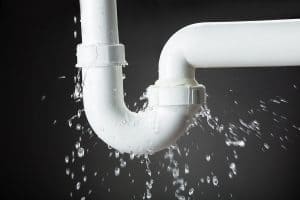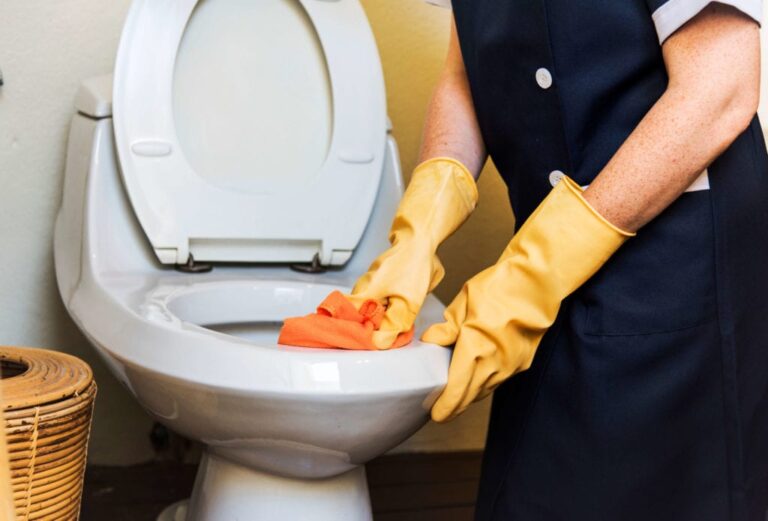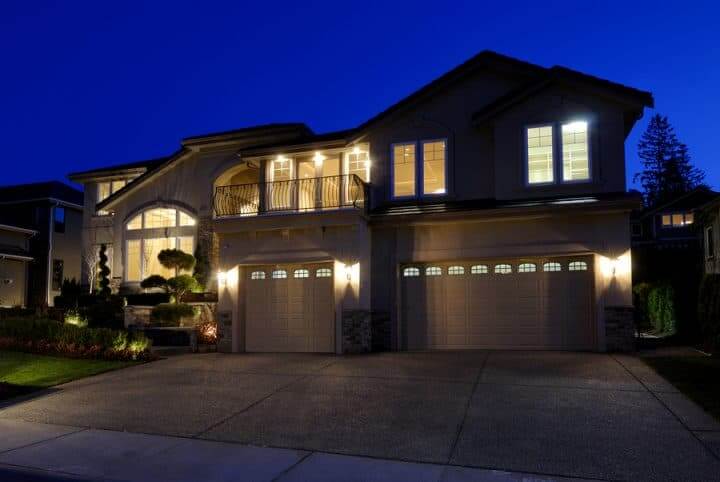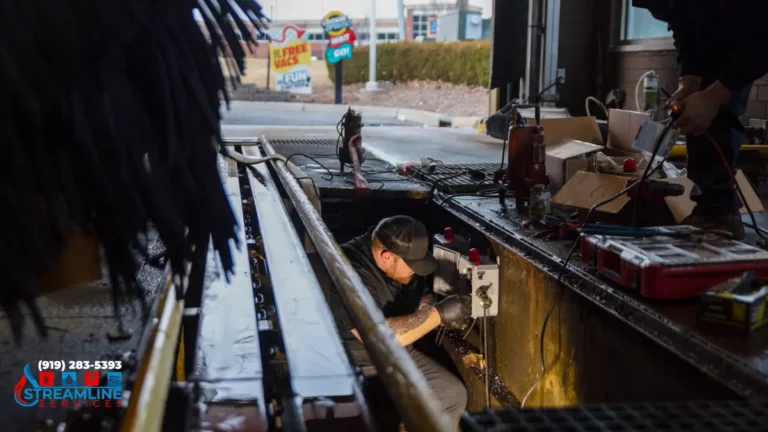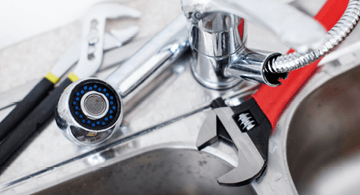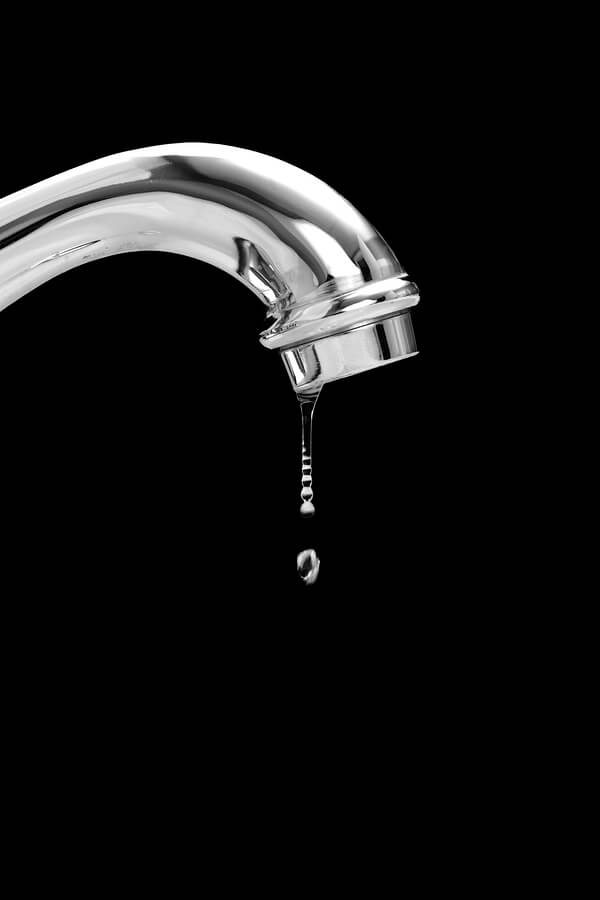Plumbing Maintenance and Prevention Tips: A Comprehensive Guide for Raleigh Homeowners
Key Takeaways
Water-efficient Fixtures
Reduce consumption by 20-60% while maintaining performance in Raleigh’s hard water conditions.
Tankless Water Heaters
Provide unlimited hot water and cut energy use by up to 30% in Triangle-area homes.
Greywater Systems
Capture and reuse water from sinks and showers for irrigation in Raleigh’s varied landscapes.
Smart Leak Detection
Prevent waste and damage in homes built on clay soil by detecting issues early.
Low-flow Fixtures
Maintain pressure while significantly cutting water use for Raleigh’s conservation goals.
Green Pipe Materials
Eliminate harmful chemicals and last longer in Raleigh’s unique soil and water conditions.
Understanding Green Plumbing Fundamentals
What Makes Plumbing “Green”
Green plumbing encompasses water conservation, energy efficiency, and sustainable material choices that work together to minimize environmental impact. These systems reduce water waste through advanced fixture design, optimize energy usage through efficient heating and circulation, and incorporate materials that resist corrosion while avoiding harmful chemicals.
Raleigh’s Unique Plumbing Challenges
Raleigh’s clay-heavy soil creates specific challenges that make green plumbing solutions particularly valuable. Our area’s expansive clay soil shifts with moisture changes, potentially stressing traditional plumbing systems. Green plumbing materials and techniques often provide better long-term performance under these conditions.
The Triangle region’s hard water requires fixtures and systems designed to handle mineral buildup effectively. Modern green plumbing solutions incorporate features that minimize scale accumulation while maintaining peak performance throughout their extended lifespans.
Energy-Efficient Water Heating Solutions
🔥 Tankless Water Heater Advantages
Tankless systems eliminate standby losses by heating water only when needed—delivering endless hot water with 30–40% less energy use than traditional tanks.
Advanced heat exchangers and electronic controls ensure consistent temperature and comfort across a 20-year lifespan.
💨 Heat Pump Water Heaters
These systems use ambient air to heat water, cutting electricity use by 60–70%. Raleigh’s mild climate supports optimal year-round efficiency.
Smart controls adapt to usage and rates, saving Triangle homeowners up to $350 annually.
☀️ Solar Water Heating Integration
Solar systems harness Raleigh’s sun to cut water heating costs by 50–80%, with reliable performance even on cloudy days via backup systems.
Modern collectors feature freeze protection and qualify for generous federal and state incentives.
🔧 Eco-Friendly Pipe Options
PEX piping provides flexibility and chemical resistance with fewer fittings—ideal for Raleigh’s shifting soils.
Pipes with recycled content reduce environmental impact while maintaining long-term durability.
🛁 Green Fixture Materials
Low-lead brass fixtures ensure safety and longevity without compromising design or functionality.
Recycled glass and ceramic fixtures offer stylish, sustainable choices that support a circular economy.
Sustainable Plumbing Materials
Eco-Friendly Pipe Options
Cross-linked polyethylene (PEX) piping offers superior flexibility and chemical resistance compared to traditional materials. PEX systems require fewer fittings, reducing installation time and potential leak points while providing excellent performance in Raleigh’s shifting soil conditions.
Recycled content pipes incorporate post-consumer materials without compromising performance or longevity. These products reduce manufacturing environmental impact while providing reliable service for decades.
Green Fixture Materials
Low-lead brass fixtures eliminate health concerns while providing durability and aesthetic appeal. Modern manufacturing processes create beautiful fixtures that meet strict lead content requirements without sacrificing style or functionality.
Recycled glass and ceramic fixtures combine sustainability with unique design opportunities. These materials offer endless customization possibilities while supporting circular economy principles through material reuse.
Smart Home Integration
🔥 Tankless Water Heater Advantages
Tankless systems eliminate standby losses by heating water only when needed—delivering endless hot water with 30–40% less energy use than traditional tanks.
Advanced heat exchangers and electronic controls ensure consistent temperature and comfort across a 20-year lifespan.
💨 Heat Pump Water Heaters
These systems use ambient air to heat water, cutting electricity use by 60–70%. Raleigh’s mild climate supports optimal year-round efficiency.
Smart controls adapt to usage and rates, saving Triangle homeowners up to $350 annually.
☀️ Solar Water Heating Integration
Solar systems harness Raleigh’s sun to cut water heating costs by 50–80%, with reliable performance even on cloudy days via backup systems.
Modern collectors feature freeze protection and qualify for generous federal and state incentives.
🔧 Eco-Friendly Pipe Options
PEX piping provides flexibility and chemical resistance with fewer fittings—ideal for Raleigh’s shifting soils.
Pipes with recycled content reduce environmental impact while maintaining long-term durability.
🛁 Green Fixture Materials
Low-lead brass fixtures ensure safety and longevity without compromising design or functionality.
Recycled glass and ceramic fixtures offer stylish, sustainable choices that support a circular economy.
📱 Automated Water Monitoring
Smart meters track real-time usage, detect anomalies, and provide conservation insights via detailed reports.
Connected apps allow homeowners to monitor, control, and optimize water use remotely—improving convenience and efficiency.
🤖 Integration with Home Automation
Smart plumbing integrates with full-home systems to synchronize water, heating, and energy for maximum efficiency.
Voice controls enable hands-free operation, letting users adjust water temp or check status with simple commands.
Cost-Benefit Analysis for Raleigh Homeowners
Initial Investment Considerations
Green plumbing upgrades typically require higher upfront investments than conventional alternatives, but these costs often decrease through utility rebates and tax incentives available to North Carolina residents. Many upgrades pay for themselves within 5-7 years through reduced utility bills.
Financing options through utility companies and green improvement programs make advanced plumbing systems accessible to more homeowners. These programs often offer favorable terms that improve project affordability while supporting community sustainability goals.
Long-Term Savings Potential
Water-efficient fixtures can reduce monthly water bills by 20-30% for typical Raleigh households, while energy-efficient water heating systems provide even greater savings. Combined with reduced maintenance costs from durable materials, green plumbing systems offer substantial long-term financial benefits.
Property value increases from green improvements often exceed installation costs, making these upgrades excellent investments for homeowners planning to sell within several years. Triangle-area buyers increasingly value sustainable features when evaluating homes.
Professional Installation and Maintenance
🔥 Tankless Water Heater Advantages
Tankless systems eliminate standby losses by heating water only when needed—delivering endless hot water with 30–40% less energy use than traditional tanks.
Advanced heat exchangers and electronic controls ensure consistent temperature and comfort across a 20-year lifespan.
💨 Heat Pump Water Heaters
These systems use ambient air to heat water, cutting electricity use by 60–70%. Raleigh’s mild climate supports optimal year-round efficiency.
Smart controls adapt to usage and rates, saving Triangle homeowners up to $350 annually.
☀️ Solar Water Heating Integration
Solar systems harness Raleigh’s sun to cut water heating costs by 50–80%, with reliable performance even on cloudy days via backup systems.
Modern collectors feature freeze protection and qualify for generous federal and state incentives.
🔧 Eco-Friendly Pipe Options
PEX piping provides flexibility and chemical resistance with fewer fittings—ideal for Raleigh’s shifting soils.
Pipes with recycled content reduce environmental impact while maintaining long-term durability.
🛁 Green Fixture Materials
Low-lead brass fixtures ensure safety and longevity without compromising design or functionality.
Recycled glass and ceramic fixtures offer stylish, sustainable choices that support a circular economy.
📱 Automated Water Monitoring
Smart meters track real-time usage, detect anomalies, and provide conservation insights via detailed reports.
Connected apps allow homeowners to monitor, control, and optimize water use remotely—improving convenience and efficiency.
🤖 Integration with Home Automation
Smart plumbing integrates with full-home systems to synchronize water, heating, and energy for maximum efficiency.
Voice controls enable hands-free operation, letting users adjust water temp or check status with simple commands.
🛠️ Importance of Expert Installation
Professional installation ensures top performance and system longevity. Experts understand Raleigh’s soil, codes, and water quality concerns.
A properly installed system avoids issues that reduce efficiency or increase long-term maintenance costs.
🔄 Maintenance Best Practices
Regular professional maintenance keeps systems running efficiently and avoids costly repairs through timely cleaning, calibration, and part replacement.
Seasonal schedules adapted to North Carolina’s climate ensure year-round reliability while catching small issues early.
Frequently Asked Questions
🔍 How often should I inspect my plumbing system?
Homeowners should perform monthly visual inspections of visible pipes and fixtures, checking for leaks, corrosion, and proper operation.
🧰 What are the most important plumbing maintenance tasks for Raleigh homeowners?
Raleigh homeowners should prioritize monthly drain cleaning, seasonal pipe insulation for freeze protection, annual water heater maintenance, and regular fixture inspections to prevent costly repairs.
📞 When should I call a professional plumber?
Professional service is recommended for annual inspections, water heater maintenance, complex repairs, and any situation involving gas lines or electrical components.
❄️ How can I prevent frozen pipes in Raleigh winters?
Insulate exposed pipes, disconnect outdoor hoses, allow faucets to drip during freezing weather, and maintain adequate heating in areas with plumbing.
🔥 What are signs that my water heater needs maintenance?
Signs include inconsistent water temperature, strange noises, rusty water, higher energy bills, and water pooling around the unit base.
💧 How do I know if my home has a water leak?
Monitor your water meter when no water is being used, check for unexplained increases in water bills, and look for wet spots or water stains around fixtures.
🚫 What should I avoid putting down my drains?
Avoid grease, oil, food scraps, hair, soap scum, and harsh chemical cleaners that can damage pipes or create blockages.
📆 How long do different plumbing components typically last?
Faucets last 10–15 years, toilets 15–20 years, water heaters 8–12 years, and supply lines 20–70 years depending on material and maintenance.
❄️ How do tankless water heaters perform during Raleigh’s winter months?
Tankless water heaters perform excellently during Raleigh’s mild winters, maintaining high efficiency even when temperatures drop below freezing.
🌱 Can greywater systems work with Raleigh’s clay soil conditions?
Yes—when properly designed, greywater systems work well with clay soils by using subsurface irrigation to slowly release water and avoid runoff.
🔧 What maintenance do green plumbing systems require?
Most green systems need annual professional inspections, occasional cleaning, and filter replacements—based on manufacturer guidelines and usage.
🚿 How much water can green plumbing fixtures save in my Raleigh home?
High-efficiency fixtures can reduce water use by 20–60%, especially with modern toilets, showerheads, and faucet aerators.
🏡 Why is green plumbing a smart investment for Raleigh homeowners?
Green plumbing reduces environmental impact, saves money, and enhances comfort. It’s a long-term solution that supports sustainable living and lowers utility costs.
Get Expert Advice
Founded in 2001, Streamline Services specializes in plumbing, electrical, heating, and cooling solutions across the Triangle region, including Raleigh, Durham, and Chapel Hill. Under Bob’s leadership, the company has built a reputation for reliability, professionalism, and community engagement.
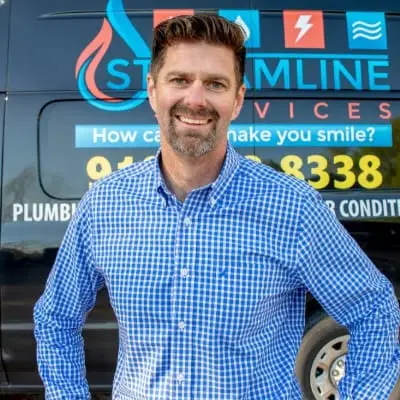
Written by
Bob Sweet
Bob Sweet is the President and Owner of Streamline Services, a fifth-generation, family-owned company based in Durham, North Carolina. Founded in 2001, Streamline Services specializes in plumbing, electrical, heating, and cooling solutions across the Triangle region, including Raleigh, Durham, and Chapel Hill. Under Bob’s leadership, the company has built a reputation for reliability, professionalism, and community engagement. As a licensed contractor, Bob holds North Carolina plumbing license #23908 ensuring that Streamline Services meets the highest industry standards.


